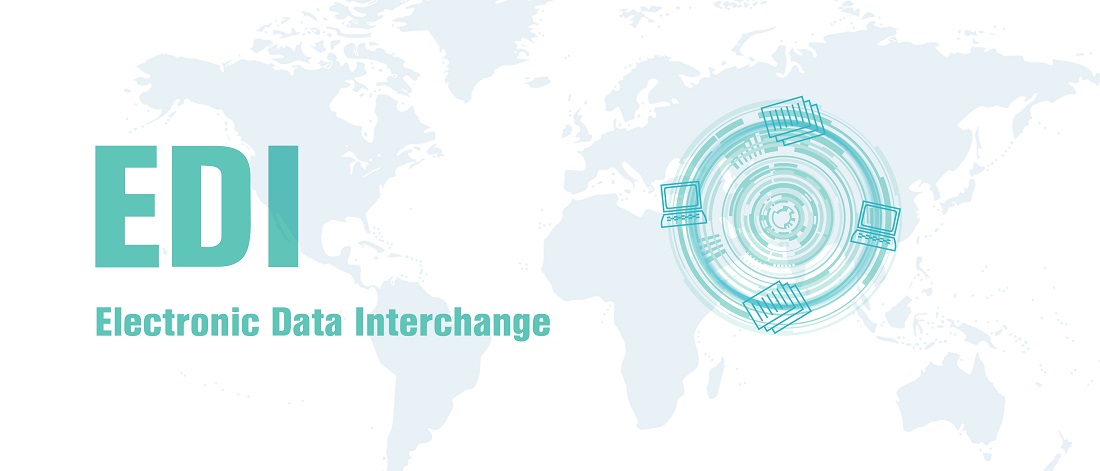Companies everywhere are looking for smarter ways to get things done, avoid mistakes, and save money. That’s where EDI comes in. EDI connects businesses, letting them share documents and information quickly and smoothly, without the delays and errors that come with manual processes. In this blog post, we will describe, what are EDI solutions, how they work and the benefits.
What is EDI?
Electronic Data Interchange is the process of exchanging business information electronically between trading partners instead of using paper documents. It ensures that documents are sent in a standardized way, so both companies can understand and process them, even if they’re using different systems. EDI creates a shared language for businesses using common standards like ANSI X12, EDIFACT, and TRADACOMS around the world, eliminating confusion and cutting down on the inefficiencies of manual data entry.
How Do EDI Solutions Work?
EDI solutions operate through a structured framework that enables businesses to exchange information with their partners quickly and securely. The typical process of using EDI solutions involves several key steps:
- Document Preparation: The company's internal data, like purchase orders or invoices, is collected and arranged into a format that can be sent electronically.
- Document Translation: The extracted data is then converted into the appropriate EDI format (such as ANSI X12 or EDIFACT) using specialized EDI translation software. This step makes sure the receiving system can understand the document.
- Transmission: The EDI document is sent to the trading partner using a secure method, like Value-Added Networks (VANs), AS2, or secure FTP. These methods make sure the documents are sent safely and reliably.
- Reception and Integration: The receiving system then translates the EDI document back into its internal format, allowing the recipient to process the information automatically within their own system. This eliminates the need for manual data entry.
Benefits of EDI Solutions
Let's take a closer look at the many advantages of EDI and what EDI can do for businesses.
- Cost savings: EDI cuts down on paper and manual work, helping businesses save money on daily operations.
- Better accuracy: It ensures data is sent correctly, reducing errors and mistakes.
- Faster transactions: This is because the data exchange in EDI is automated thus eliminating delays.
- Stronger supplier relationships: Through the provision of accurate and timely information, EDI assists in developing trust and stronger relationship with suppliers.
- Enhanced security: EDI ensures that the business’s sensitive information is secured through the use of encryption, authentication, and authorization.
- Eco-friendly: It also helps to minimize paper work and simplify the processes thus enabling firms to be more sustainable in their operations.
- Improved visibility: It offers the businesses and their partners a visual insight of the orders and invoices at all times.
Why EDI is More Important than Ever
In today’s fast-paced digital world, businesses need to keep up and stay competitive. EDI is a great tool that enables companies to link their business partners and suppliers effectively and in a timely manner.
Since many companies are shifting to the use of cloud-based systems, EDI also changes in a way that it can be integrated with the modern technologies including ERP, CRM, and WMS. This connection makes it easier to perform activities such as ordering, shipment monitoring and payment processing with minimal effort.
In sectors such as retail, production, transport and health, where time plays a crucial role, EDI is not an option, it is a necessity.
To learn more about how Infocon Systems can take care of your EDI needs, please don’t hesitate to give us a call at +1 888-339-0722 or email sales@infoconn.com. We’d love to hear from you.




